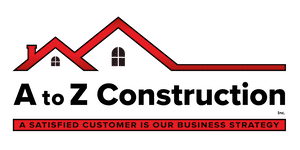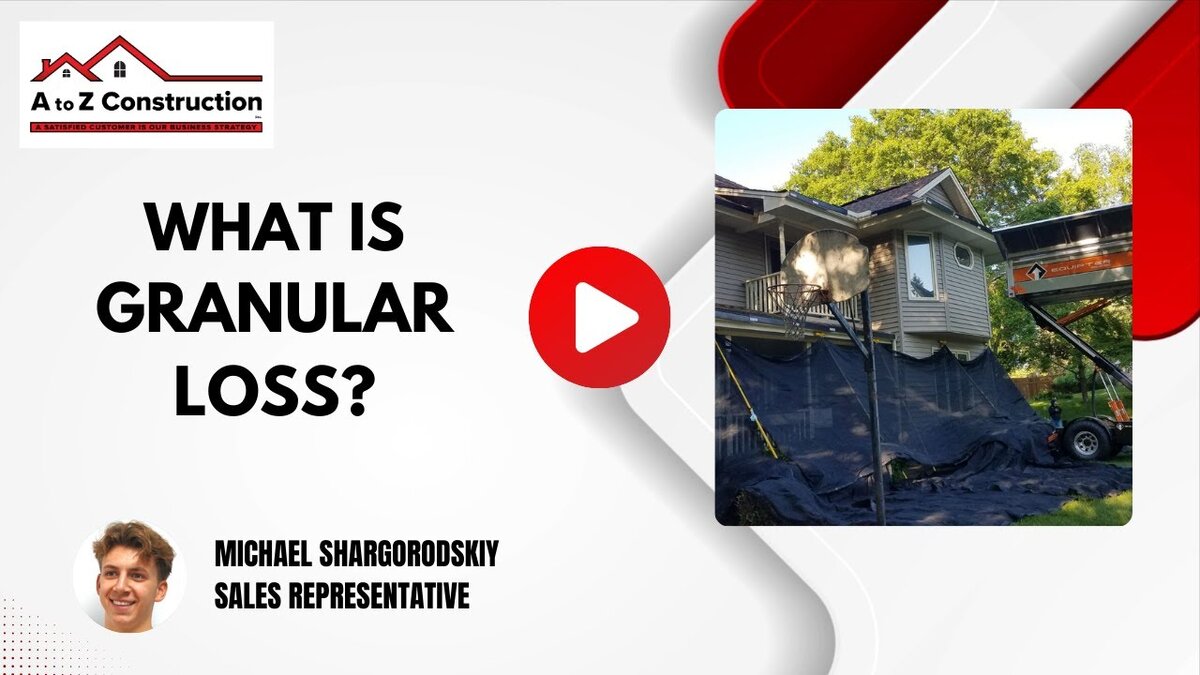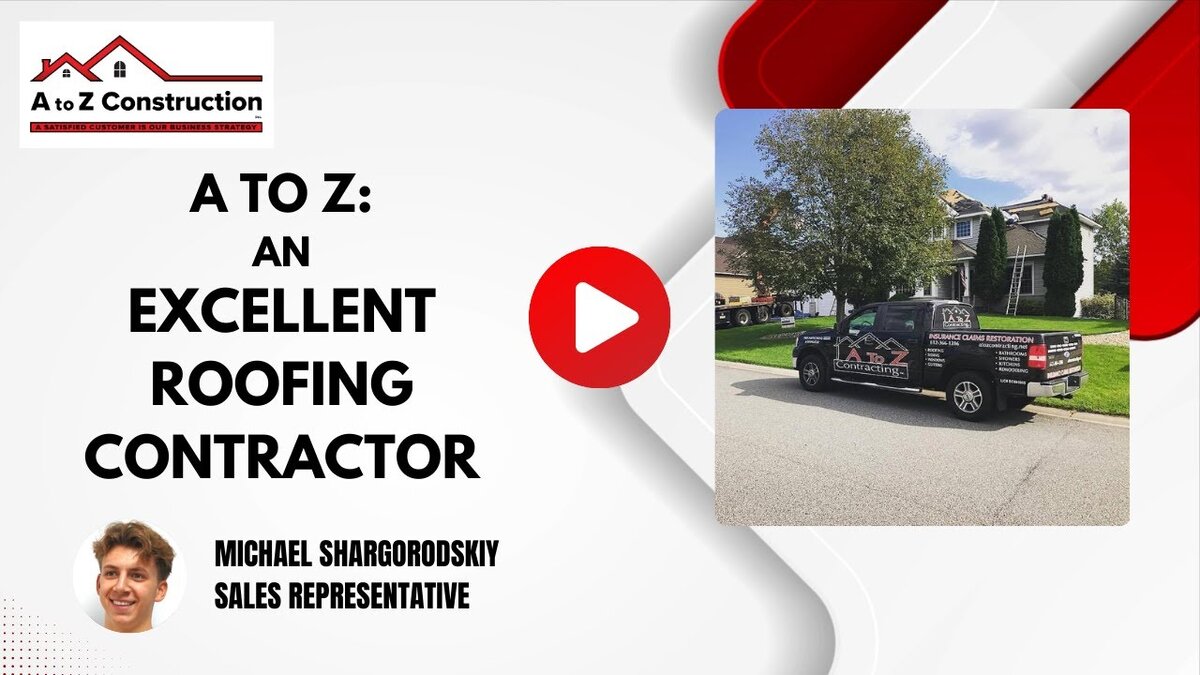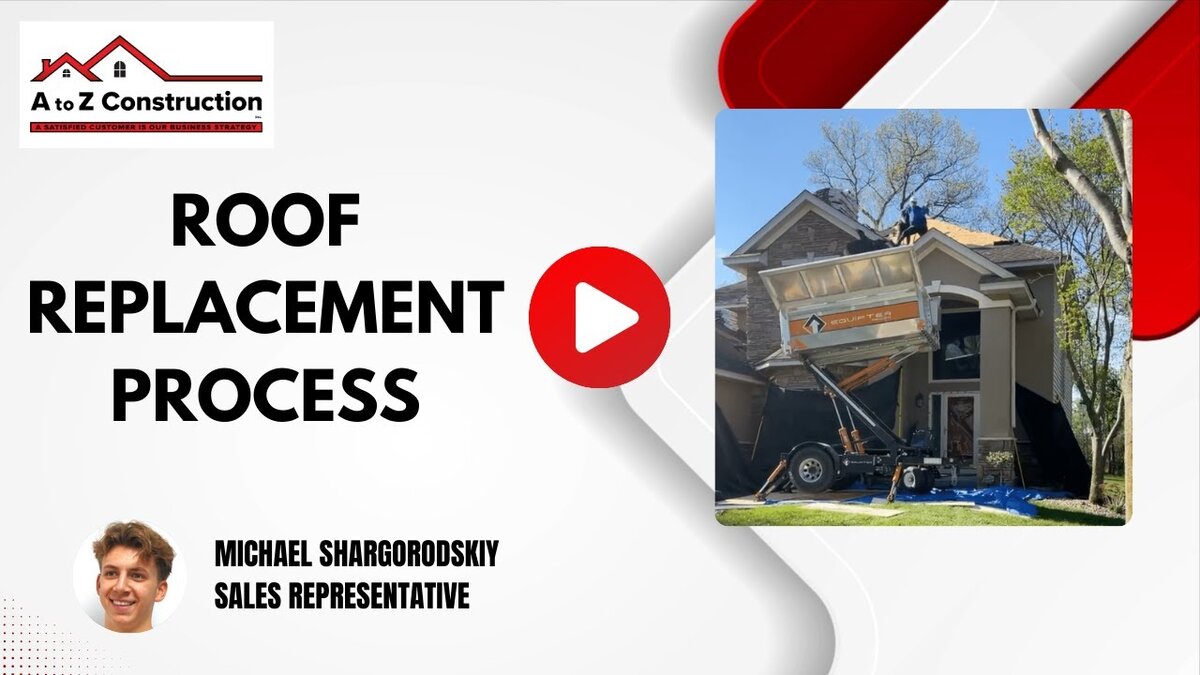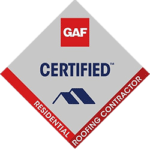Roof damages can be a homeowner’s nightmare, potentially leading to costly repairs if left unattended. Whether it’s due to harsh weather conditions or simply wear and tear over time, it’s crucial to recognize the signs of damage early on. In this guide, we’ll explore the process of documenting roof damages and how to qualify for insurance adjusters to assess the situation.
Recognizing the Signs
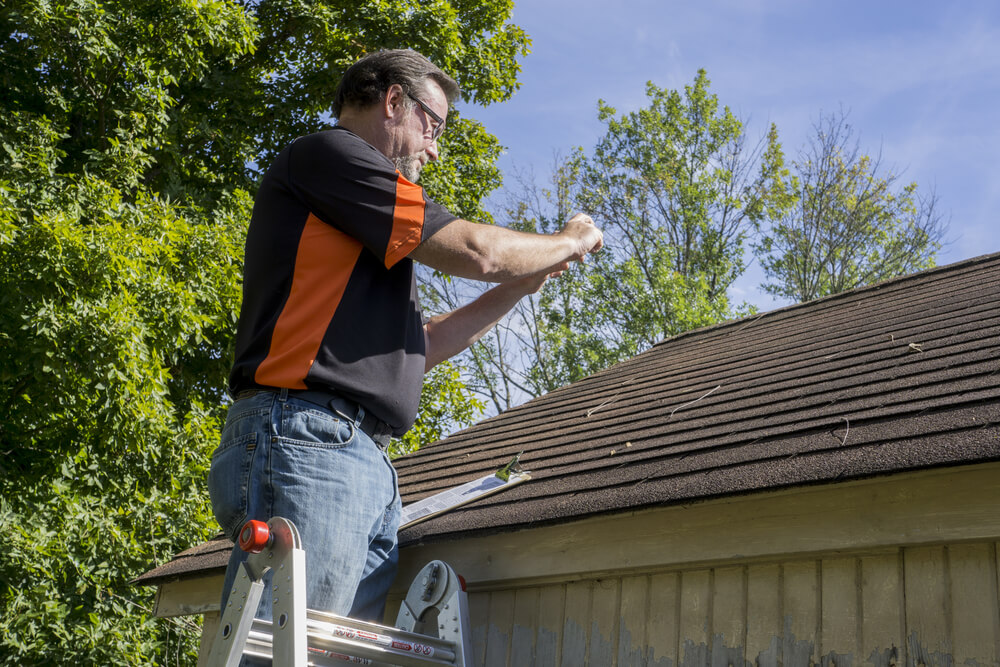
One of the primary indicators of roof damage is collateral damage around the home. This includes examining downspouts, metals, and plastics for any signs of cracks or dents. Additionally, inspecting the siding for unexplained damage can provide valuable insights into the condition of your roof. These collateral damages often tell a story, hinting at the presence of hail or other weather-related issues.
Documenting Damage
When a contractor assesses your roof, they focus on documenting any visible damage thoroughly. This involves inspecting the shingles for bruising or signs of impact, which could indicate hail or storm-related damage. By capturing detailed photos of the affected areas, contractors can build a compelling case for weather-related damage, such as missing shingles or granule loss.
Qualifying for Insurance Adjusters
Meeting Qualification Criteria
Before an insurance adjuster can assess your roof for damages, certain criteria must be met. Contractors play a crucial role in determining whether your home qualifies for inspection. They look for evident signs of damage, such as collateral damage and visible signs of wear and tear. These initial assessments help determine the need for further inspection by insurance adjusters.
Providing Evidence
Documenting roof damages effectively is essential for convincing insurance adjusters of the need for coverage. Contractors rely on detailed documentation, including photographs and written reports, to support their claims. By providing compelling evidence of weather-related damages, homeowners increase their chances of receiving adequate coverage for repairs or replacement.
Conclusion
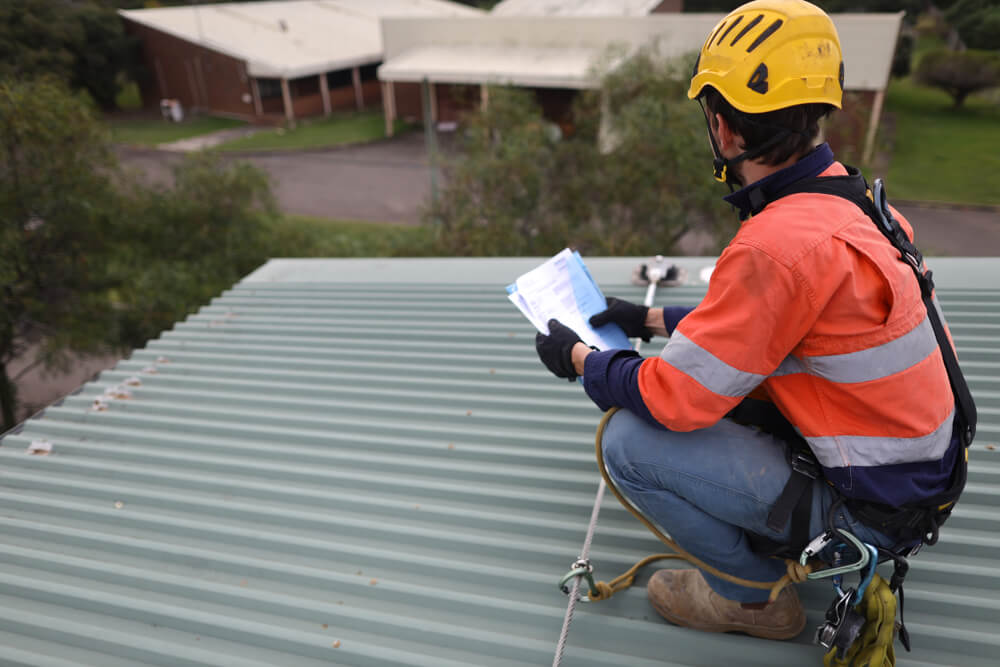
Documenting roof damages is a critical step in ensuring timely repairs and maximizing insurance coverage. By recognizing the signs of damage, homeowners can take proactive steps to address issues before they worsen. Working with qualified contractors and providing thorough documentation significantly increases the likelihood of qualifying for insurance adjusters’ assessments. Remember, early intervention is key to preserving the integrity of your roof and safeguarding your home against potential damages. For expert assistance and inquiries, don’t hesitate to contact A to Z Construction today.


